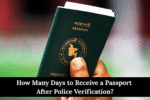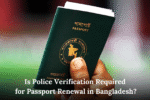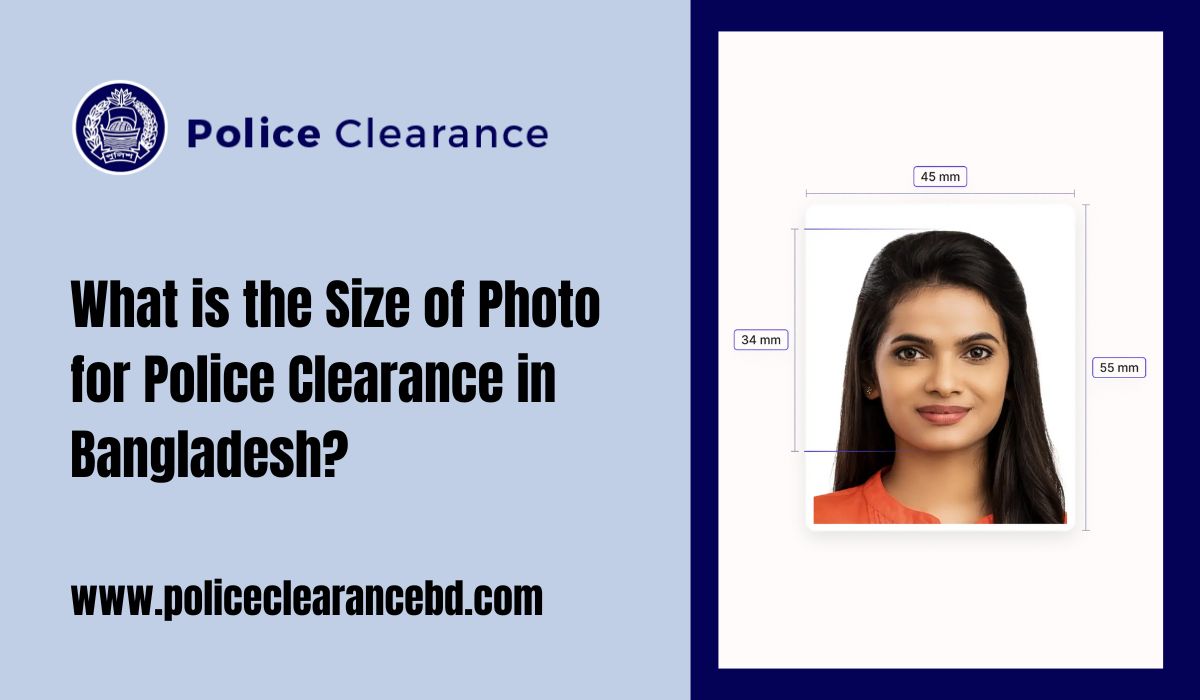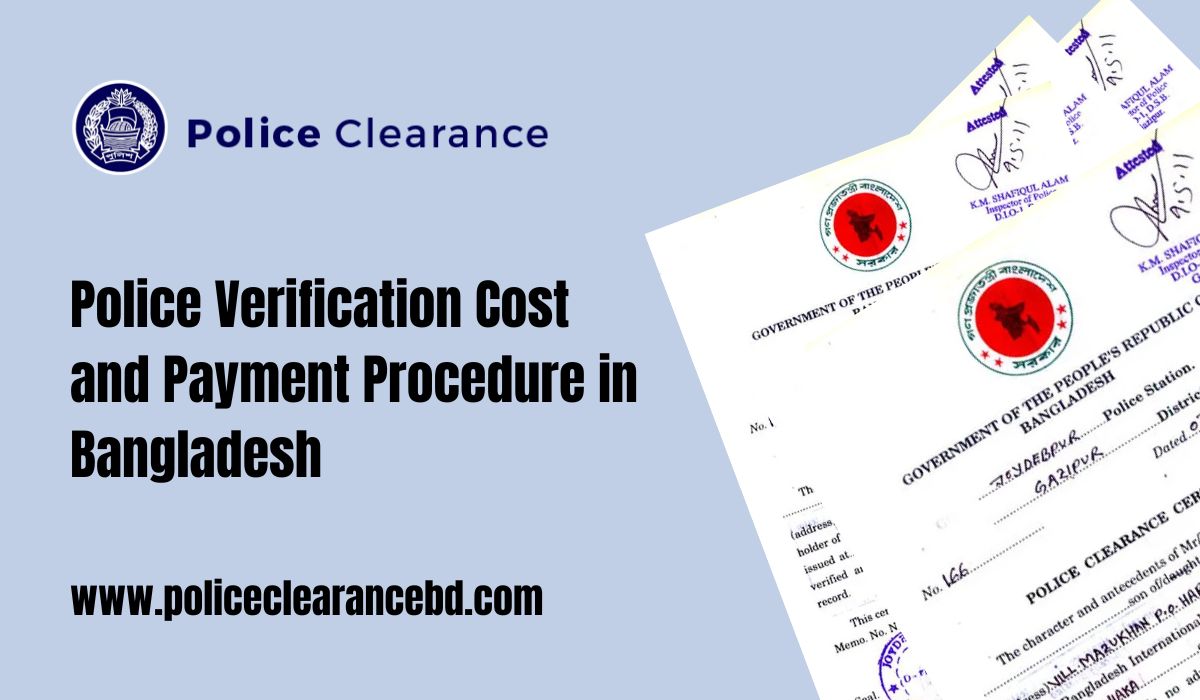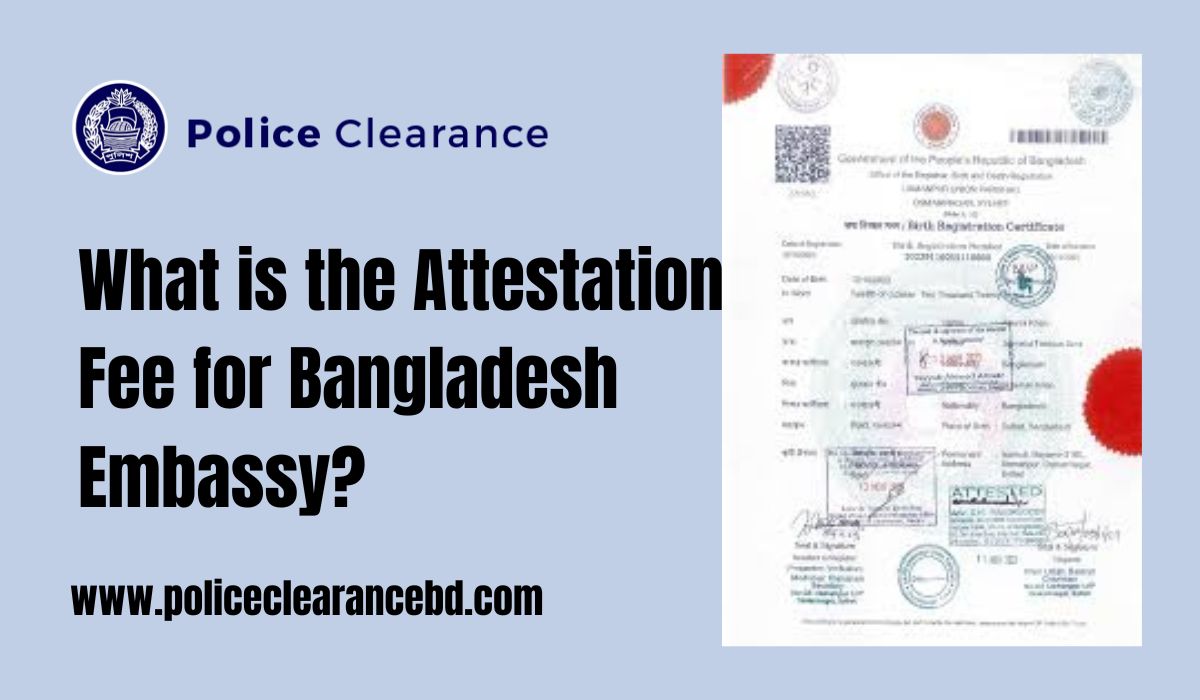How do I Attest My Police Clearance?
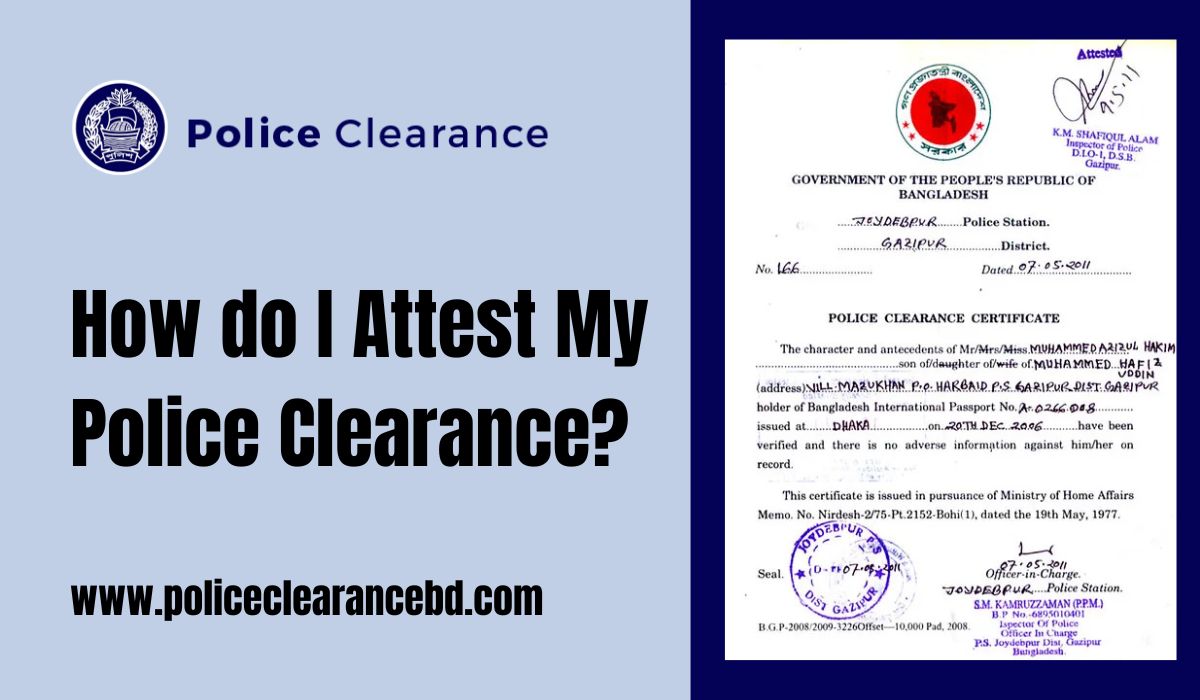
Attesting a police clearance certificate (PCC) is a crucial step in verifying the authenticity of the document for use in another country. Whether for employment, residency, or educational purposes abroad, proper attestation ensures that your PCC is legally recognized.
What is a Police Clearance Certificate (PCC)?
A Police Clearance Certificate (PCC) is an official document issued by the police or other relevant authorities to certify that the individual has no criminal record. It is often required for visa applications, immigration, or employment in a foreign country.
When Do You Need a PCC?
You might need a PCC in the following scenarios:
- Applying for a work or residence visa in another country
- Immigration or naturalization processes
- Pursuing higher education abroad
- Overseas employment opportunities
- Adoption processes
Why is PCC Attestation Important?
Attestation verifies the document authenticity, ensuring it is accepted as valid by authorities in the destination country. Without proper attestation, your PCC might be rejected, delaying or undermining your plans.
How to Attest a Police Clearance Certificate?
Attestation of a PCC involves verifying its authenticity through a multi-step process that includes various governmental departments, embassies, and consulates. Here’s how you can complete the attestation process:
Step 1: Issuance of PCC
The first step is to obtain a PCC from the local police station or relevant authority in your home country.
Documents Required for PCC Issuance:
Ensure the PCC details are accurate before proceeding to the next step.
Step 2: Attestation by Local Authorities
Once you have the PCC, it needs to be attested by local government departments. These departments vary depending on the country but may include:
Step 3: Ministry of Foreign Affairs (MOFA) Attestation
After local attestation, the document must be submitted to your home country’s Ministry of Foreign Affairs (MOFA). This step certifies the PCC for international use.
Step 4: Embassy or Consulate Attestation
Finally, the PCC must be attested by the embassy or consulate of the country where it will be used. Each embassy has its own procedures and fees. Ensure you check their requirements in advance.
Important Points
Country-Specific Requirements for PCC Attestation
Each country has unique requirements for PCC attestation. Below is a brief overview of processes in some popular countries:
| Country | Additional Steps | Processing Time |
|---|---|---|
| UAE | Requires attestation from MOFA and UAE Embassy | 5-10 working days |
| Canada | May involve translation to French (Quebec) | 2-4 weeks |
| Australia | Verify PCC via Apostille before embassy submission | 3-5 working days |
| USA | Notary and Secretary of State attestation required | 7-15 working days |
Conclusion
Attesting to your police clearance certificate is essential for anyone planning to work, study, or reside in a foreign country. By following the steps outlined above and preparing the required documents in advance, you can streamline the process and avoid unnecessary delays.
Whether you are applying for a work visa in the UAE or seeking educational opportunities in Europe, proper PCC attestation ensures that your documents are recognized and accepted internationally.


